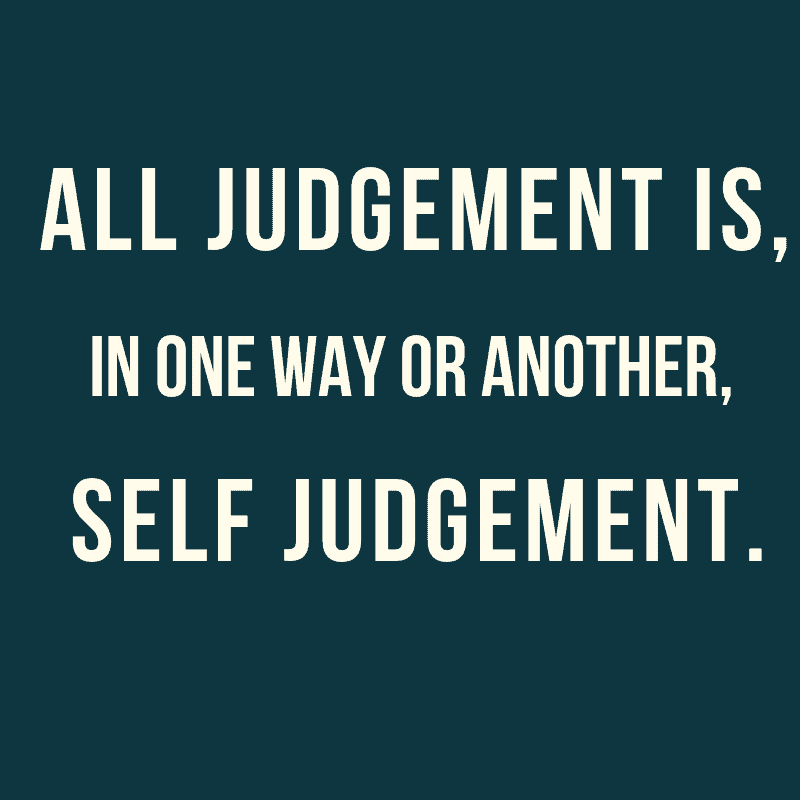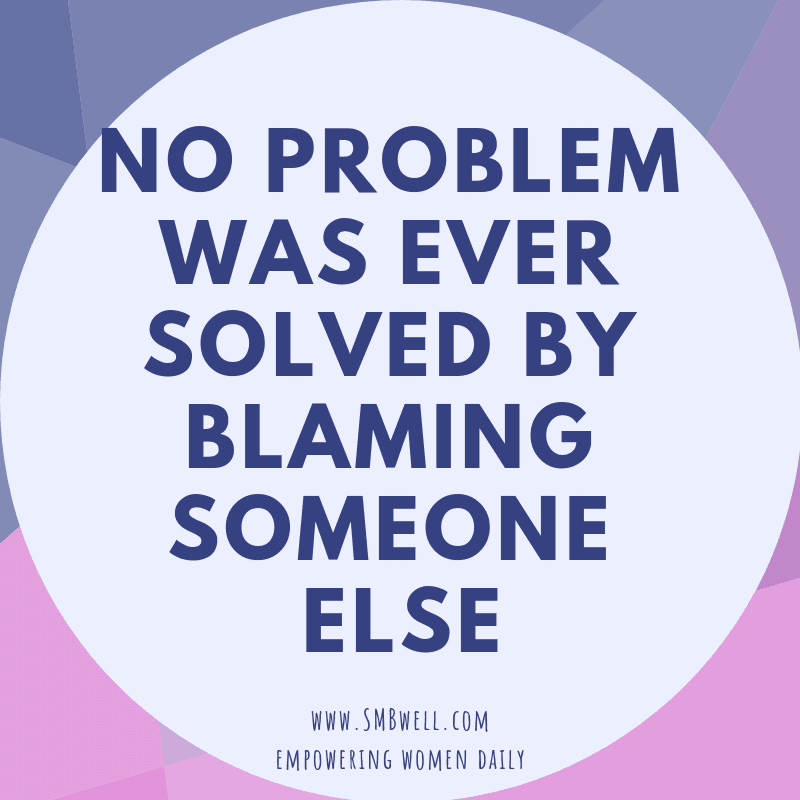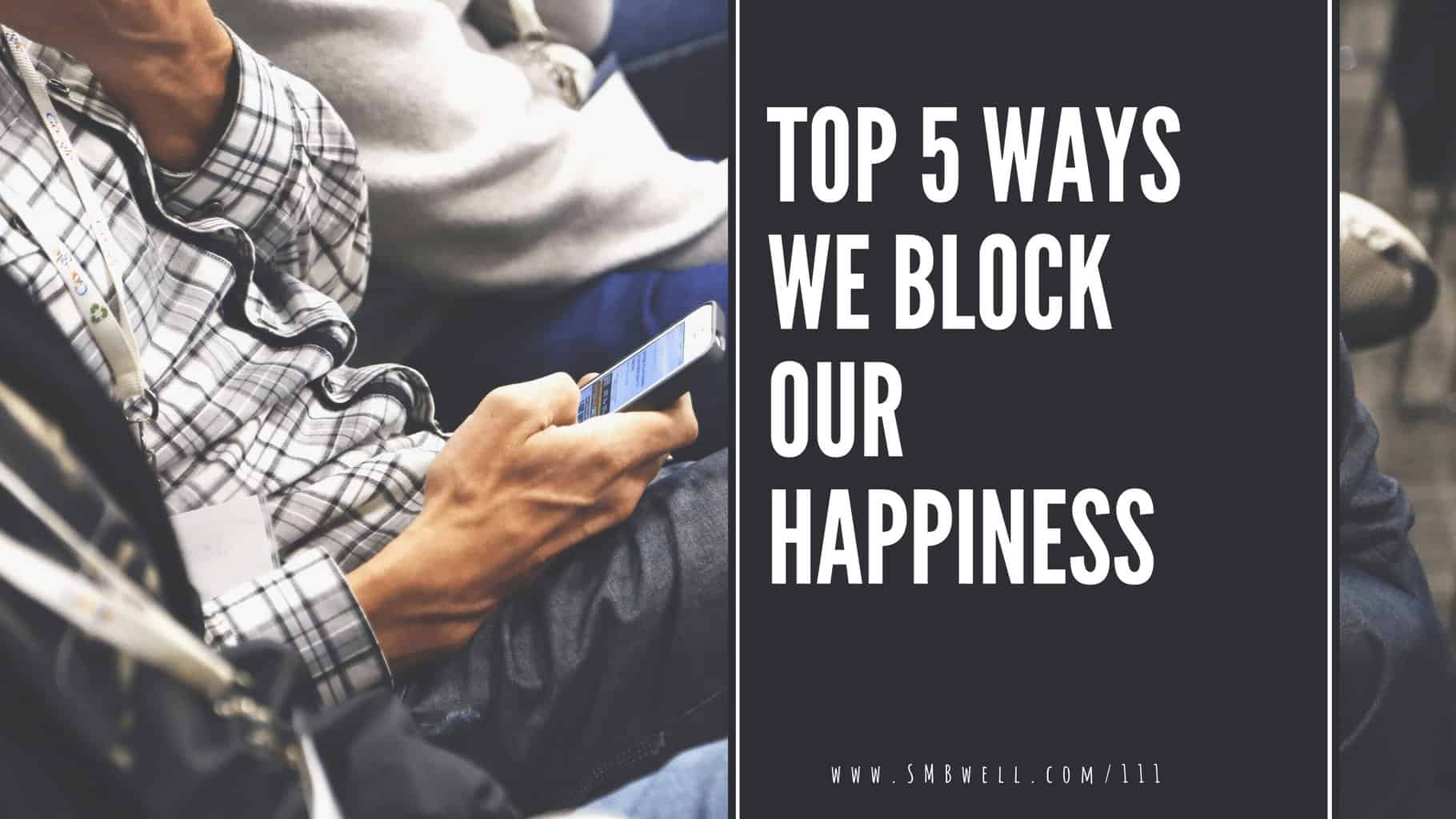Podcast: Play in new window | Download
Subscribe: Apple Podcasts | Spotify | Amazon Music | RSS | More
Many of these have been posts on their own (or will be in the future) yet for the sake of pointing them all out in one place, I will introduce the saboteur or the happiness zapper, and then give an example and a solution for each. If you want a deeper dive into any of the things mentioned, make sure you’ve subscribed to the love your life show for upcoming episodes or check out the past posts from the happiness series.
In the meantime, let’s go. Here are 5 things getting in the way of our happiness:
1. Imposter syndrome
This is when we fear others seeing the real us. We feel like we are an imposter or an actress in our own lives. This is a big one and why I did a whole series on confidence in July. Confidence, how we think of ourselves, and looking for our value and worth in ourselves instead of other people’s opinions of us is crucial for our happiness. Imposter syndrome is poisonous as it holds us back from being our true selves. At its root, we feel fear that there is something wrong with us. We fear being “found out” or “discovered” so we play small and hide. We fear others are going to see the real us and realize the fraud, or imposter, we’ve been. Like we don’t deserve what we have and if they see the real us, it will all come toppling down like a house of cards (There will be an entire post on this). I have felt this in many areas of my life and the way I was raised and taught to value myself had a lot to do with it. In the interest of brevity, I’ll dive into an example yet make sure you’re subscribed to the show so you don’t miss the episode when it comes out.
My example is how I acted as a mother for the first 10 years of my kids’ lives. I had a clear idea of what a mother should and shouldn’t do and ran around trying so hard to do the right thing. I constantly felt like a fraud and like if someone could see inside my head to see the resentment, drudgery, and lack of enjoyment, the party would be over. It seemed like everyone else was mothering effortlessly and with great joy. I felt like something was wrong with me that I wasn’t skipping through fields of daisies and enjoying all the moments with my kids too. Oh geez!
Solution:
One of the best solutions for imposter syndrome is to talk about it. I remember one day at my kids’ school a mom told me that she had a really rough night the night before and laughed because she thought of putting a sign in her front yard: family for sale. I was equally horrified and entranced. We could say these things out loud? Talking about our struggles and our thoughts and feelings is kryptonite for imposter syndrome and feeling all alone. When you realize that the house of cards doesn’t come crashing down when you say how you really feel, when you realize that those around you don’t run away screaming when you speak your truth, you feel less like an imposter in your world. Try it in small doses: is there something you could share today with someone (or me) that you feel you’ve been hiding or ashamed of?
2. Comparison
Truly, the best way to get in a bad mood is to compare yourself to others. Guaranteed. When we compare ourselves to others we always feel worse. Compare and despair. Why? We don’t know what’s going on in other people’s lives yet when we view their lives it’s like we are wearing rose-colored glasses. We imagine the story they put forth on Facebook or at the playground and feel a longing for what they have. Yet, knowing human behavior and how our emotional system works, this vision we are making up for them can not be true. Everyone is human. Which means, everyone is in the 50/50. 50% feel good, comfortable feelings and 50% uncomfortable emotions. Even the wealthiest, smiliest, most successful looking person feels discomfort. This is the journey of human life. It’s how we’re wired, whether we live in the slums or in a mansion. As Trent Shelton says “the biggest hurts lie behind the biggest smiles”.
There are many examples of how I used to compare and despair but the one I’ll use is business-related. I used to compare myself to the women I graduated from life coach school with. I would look at their business growth, their Instagram growth, their podcast subscribers, and feel worse 100% of the time. I’d turn a critical eye inward and get judgmental of myself. Yet, life is not binary. When we compare it’s often like we’re comparing apples to oranges. Actually not even! It’s like we’re comparing apples to whales.
When I first got certified as a coach and began to build my business I was in the middle of my divorce and becoming estranged from my biological family. Comparing myself to others who were in stable marriages with supportive family members was truly like comparing apples to whales. It was not at all helpful for me as a sweet person here on earth trying to get through a really difficult time and what’s often overlooked, spending time comparing myself took me away from doing what needed to be done to build the business of my dreams. It was a distraction and a suck of my mental energy.
Solution:
Get curious. Ask yourself questions about your comparing. What is my comparing teaching me about myself? What is it about their situation that I can learn from? For me, when I compare, it’s usually bringing focus to what I call a soul ache. Something I’m not paying enough attention to in myself. When I’m comparing myself to my colleagues’ successful membership program, perhaps I can learn that I want to impact more people too. If I’m comparing myself to a family’s Facebook post of them playing a family game, perhaps that’s showing me I want to spend more time with my family. What is my comparing telling me about my own life and where I am?
3. Judgement
Comparisons very close happiness zapper cousin is judgement. When I am feeling low or not being my best self, my comparison can quickly turn to judgement. If we don’t stop to get curious about what our comparison is telling us about us, we may quickly turn to judging others. It’s almost like a protective shield of ourselves. Like we are thinking that if we can cut down the other person in our brain, then we can feel better about ourselves. If we can minimize their achievement, we don’t have to feel so poorly about our procrastination or excuse making.
Judgement is much more a mirror to see ourselves and our insecurities reflected back to us rather than merely a window we look 
Solution:
Instead of acting as the judge in the courtroom, become the detective. Get curious about what your judgement is telling you about you and the life you’re living. Ask yourself, are you judging the mom who appears to always have it together? Are you judging the woman in skimpy exercise clothes? Are you judging the couple in line who’s kissing and holding hands? Or are you judging the neighbor who leaves lawn chairs and tables out haphazardly on their lawn? What about this person’s behavior do I not like in myself or do I want to change about myself? What is my reaction to their situation telling me about me? When I judge the put-together mom, is that because I wish I was more organized? Or do I wish I was more driven? When I judge the kissing couple, do I wish I had the relationship where I showed affection in public? Or that I had a spouse I even wanted to hug? When I judge the woman in skimpy clothes does that point to the discomfort I feel over my sloppy eating and wellness habits? Where can you get curious with kindness about your own life?
4. Complaining
We block our happiness when we complain or wish things in our lives were different than they were. We spend our precious time 
Solution:
Have a complain once but not twice rule. Allow yourself to complain once and then listen. Notice what you’re complaining about and see if you can shift your thinking around it a bit. Saying something like “I wish this weren’t the case but it is” helps me accept it and figure out what I want to do about it. Another thing I like to do is to make a list with two columns, one that says what can I control and what can I not control. This helps me see where I’m wasting my mental energy arguing with reality and where I can get creative with solutions.
5. Final happiness suck? What the Australian’s call Tall Poppy Syndrome
Or what young girls are taught in a patriarchal society. Play small. Don’t get too big for your britches. Don’t show off or brag. Basically don’t own your greatness. Why warriors why? Because others will get jealous? Oh, come on! If it triggers you, it’s about you. We touched on this in the past 4 happiness hacks. If someone is jealous or judging, that is because of a lack in their own life. Because they know they’re playing small themselves. Who are we helping if we all play small? Who do we serve by not sharing our accomplishments? By not sharing our greatness? The idea of the tall poppy syndrome is that if someone gets too big, it shadows the others. I call BS on that. The taller you grow, the more you show others their own possibilities.
The more of us shining our lights out into the world, reaching and growing to our highest potential, the greater this world is. You shining your light doesn’t dim my light. You having great loving relationships, making tons of money, and doing the things that excite you, doesn’t dull my experience here on earth. In fact, it improves it!
It shows me what is possible. It helps me dream and expands my horizons. And so I say, go, dear warrior, go. Dream big. Grow tall.Learn. Stretch. Expand. Be magnificent.
You matter to me.
Did you like this post? Sign up for Susie’s Weekly WELLNESS Newsletter. She’s a Certified Life and Wellness Coach with over 10 years experience helping women live lives they love.
If you’re ready to take yourself and your life seriously, see if she has room and sign up for a coaching session.
If you’d like a quick jump start, for the price of a daily lunch out or one coaching session, sign up for SMB’s Online Cleanse for Conscious Living.






Trackbacks/Pingbacks